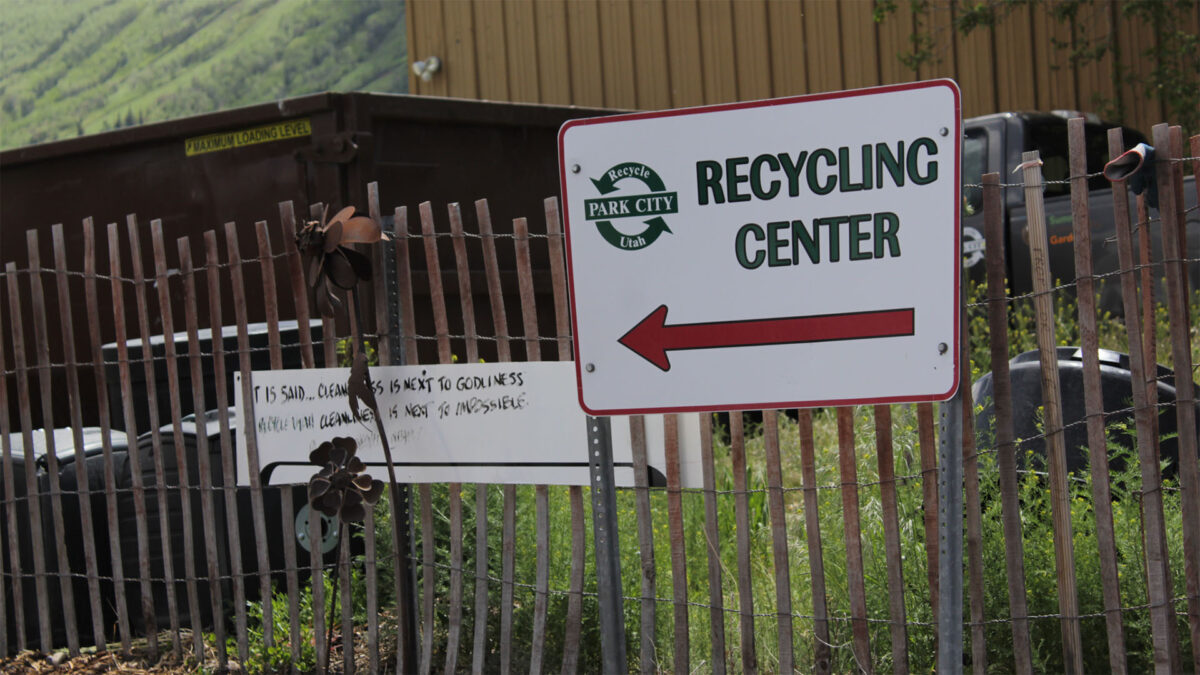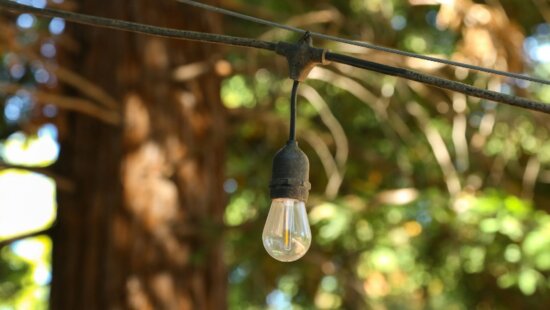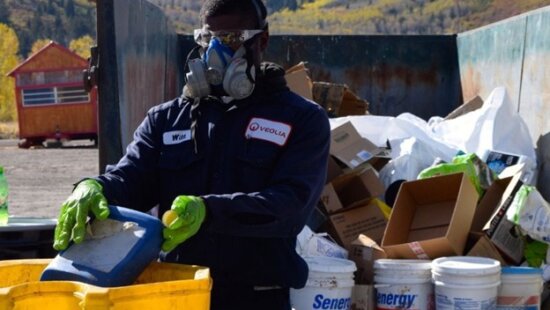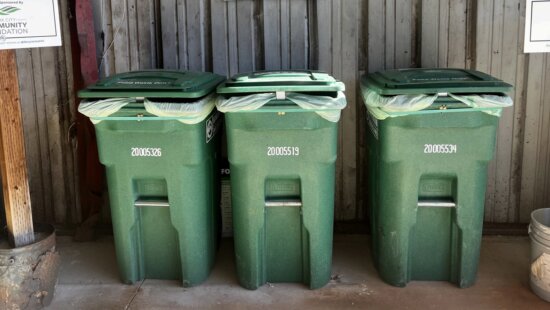Environment
Park City evaluates waste diversion strategies as Recycle Utah relocation looms

Recycle Utah currently operates on a 0.4-acre site at Park City’s old transit facility since 1996 Photo: TownLift
PARK CITY, Utah — Park City leaders are preparing to discuss major decisions around local waste diversion with the impending relocation of Recycle Utah, its longtime recycling partner. The Park City Council is scheduled to review short- and long-term waste strategies at a work session on June 12, including potential changes to the city’s partnership with Recycle Utah, which must vacate its current location by September 2026.
Recycle Utah currently operates on a 0.4-acre site at Park City’s old transit facility since 1996. For nearly a decade, the organization has collected around 1,775 tons of recyclable materials annually. As the Bonanza Park area is slated for redevelopment, including realignment of Munchkin Road and infrastructure upgrades, the nonprofit must relocate.
In early 2025, Park City and Summit County jointly offered Recycle Utah a parcel of land in the FJ Gillmor subdivision as a potential site for a new, larger facility. A proposal envisions a 30,000-square-foot regional recycling center capable of handling both residential and commercial waste more efficiently. As discussed in a January 22 meeting, Summit County would negotiate a long-term lease with Recycle Utah and assist with utilities and permitting.
City staff emphasized in the staff report that waste diversion is a shared responsibility between local governments and partners like Recycle Utah. The city currently provides Recycle Utah with rent-free space, utilities, and $75,000 annually to support its programs, including public education, household hazardous waste disposal, and seasonal Dumpster Days.
However, broader waste diversion issues are at play. According to a 2021 study commissioned by Park City, approximately 57% of residential waste and 82% of commercial waste is divertible through recycling or composting. Yet Summit County’s residential waste diversion rate remains at just 26.3%, well below the national average of 32.1% and Salt Lake City’s 36%.
Part of the problem lies in tracking commercial recycling efforts, many of which go unreported to the city or county, a staff report said. Local grocery stores, for example, often bale and ship cardboard for recycling independently, but those numbers are not captured in official diversion data.
The urgency of long-term planning is compounded by the reality that Summit County’s Three Mile Landfill is expected to reach capacity by 2053, despite a recent expansion. The 2018 Summit County Solid Waste Master Plan outlines several diversion initiatives—some already underway—including recycling of glass, metals, electronics, and household hazardous waste.
In the coming weeks, Park City and Summit County staff will continue meetings with Recycle Utah to explore new drop-off locations, formalize contracts, and determine the nonprofit’s future role in handling key community programs.
City Council is expected to provide direction on the relocation effort and broader waste diversion goals at the June 12 meeting. Recycle Utah has not publicly commented on the relocation process since the land offer was made.



















